Child marriage still popular in rural Sierra Leone
Jan 21, 2015
Story
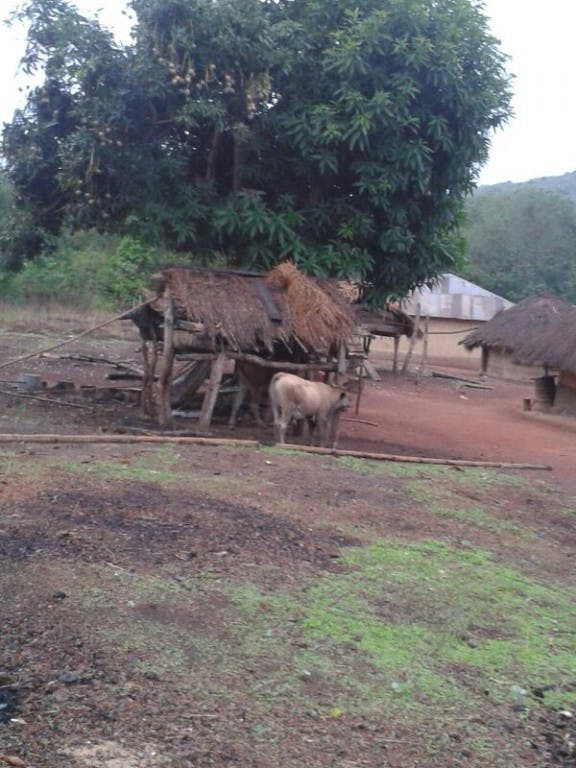
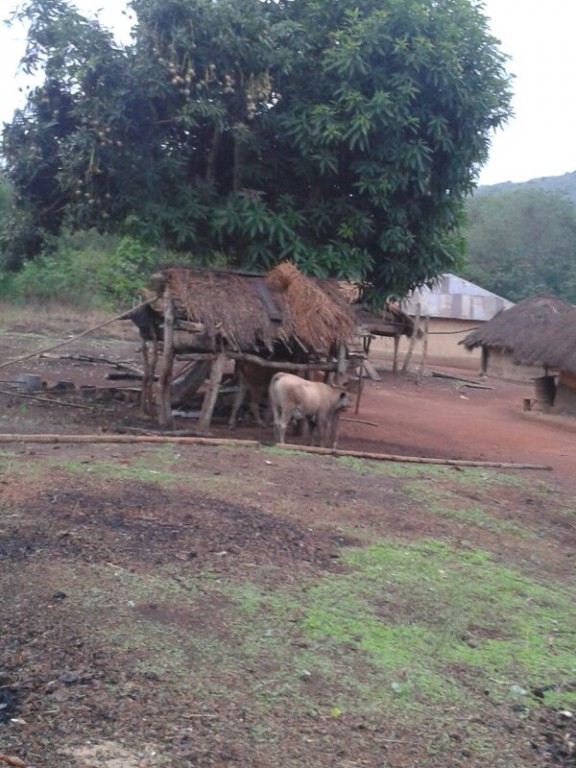
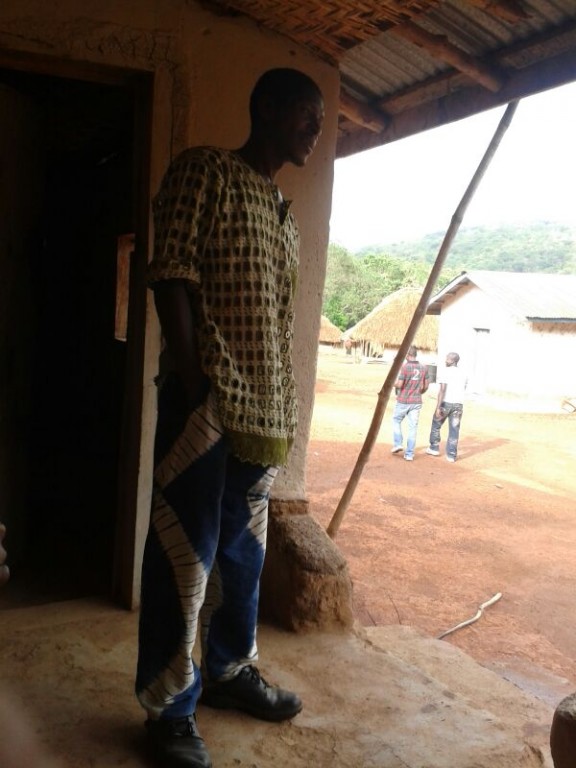
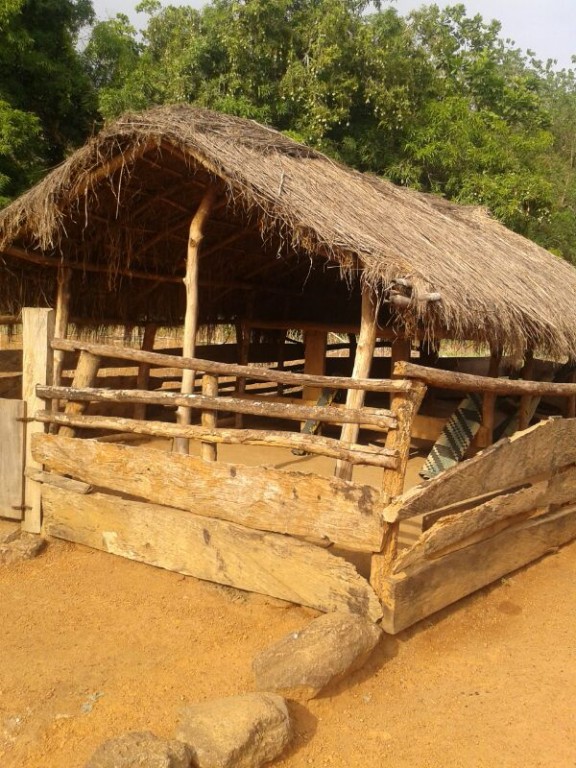
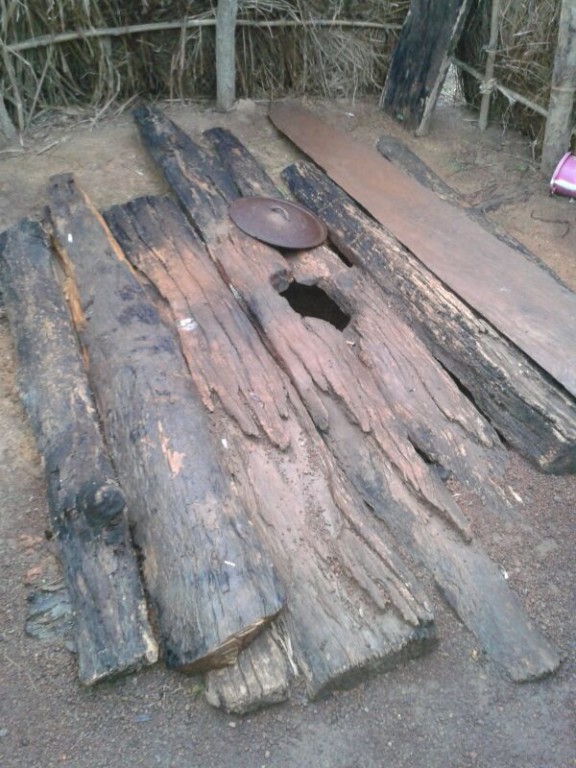
Namisa (not her real name), bowed her head, with a shy smile, a shiny face and dressed in a traditional blouse and lappa and her head covered with a white head scarf. She waved goodbye to friends and family of Madogbo village 1 as she was backed on a motor cycle rode by her husband and escorted by her aunty who had cared for her since she was a child. They headed towards Madogbo 2 her new marital home, where she will spend the rest of her life.
Namisa who is only 10 years old was on Sunday 4th May given hand in marriage to her husband who is over thrice her age.
Despite government's policy that puts the age for a child to be married at 18, child marriage is still common in rural Sierra Leone and it is usual for a girl to be married at a tender age of 9 or 10 years old. The celebration is long and big when a virgin is married and that is part responsible for girls being given as brides at such tender age.
Madogbo 1 and 2 are one village separated by forests and hills about 13 miles from Kabala town in Koinadugu district. The northern village plays residence to about 50 or 60 people with about 75% children. The main source of income is farming which is usually halted during the dry season when the rains stopped. This period is usually the difficult time for the residents who are hardly able to eke out a living for their mainly young population. Madogbo 1 has three cows and a lot of sheep and goats donated by an NGO.
Namisa’s wedding ceremony was marked by a week-long dancing and celebration because Namisa was a virgin until her wedding day. As tradition requires, elderly females went into the bedroom where Namisa and her husband spent their first night, to go and confirm her virginity after the hymen was broken. After this confirmation, there was a big roar and a beating of drums as the whole village joined the elderly women in singing and dancing.
Aunty Kumba who had come from Kono district to seek traditional healing for an alleged ‘witch gun’ attack said child marriage is a common practice in traditional settings wherein people know little or none about policies regarding the protection of the girl child. ‘Even in Kono, where I came from, people still give their teenage daughters away in marriage, especially to wealthy diamond miners,’ she claimed noting that most of the traditional families in the villages do not put priority on the education of their girl child.
Residents of Madogbo are mainly Muslim from the Yalunka ethnic group of Sierra Leone and give priority to Islamic education and bother little about Western education.
Namisa is not alone, Kadie (not her real name) the wife of the Karrmoko (Arabic teacher) who was pregnant with her third is also a teenager around 16 years old. Kadie is also older than her father’s fourth wife who is about 12 years old.
Marrying of young girls by older men also increase the risks of HIV contraction. Already, Koinadugu has the highest HIV prevalence in Sierra Leone. This is likely so because of widespread child marriage and a culture of polygamy that is practiced by all ethnic groups in that region, regardless of their religion.
In addition the child bride is highly unlikely to finish her education. Girl child education not only provides them with the knowledge to participate in their country’s economy, but also reduces the likelihood of early marriage.
Phumzile Mlambo-Ngcuka, the executive director of UN Women, said at the African Development Bank annual meeting on Wednesday that getting married or having children too early is detrimental to gender equality.
“Their capacity to be productive citizens is cut off and their right to make a difference is also lost,” Mlambo-Ngcuka emphasized.
The 2014 World Bank report has also stated that girls with little or no education are far more likely to be married as children, suffer domestic violence, live in poverty, and lack a say over household spending or their own health care than better-educated peers, which harms them, their children, and communities.
According to the World Bank report, 65% of women with primary education or less world-wide are married as children, lack control over family resources and condone wife beating.
The new report shed light on the challenges facing women and girls worldwide, from epidemic levels of gender-based violence to biased laws and norms that prevent them from owning property, working, and making decisions about their own lives.
Across 18 of the 20 countries with the highest prevalence of child marriage, girls with no education were up to six times more likely to marry than girls with high school education, it finds. ‘Nearly one in five girls in developing countries meanwhile becomes pregnant before age 18, while pregnancy-related causes account for most deaths among girls 15-19 in the developing world—nearly 70,000 die each year,’ the report states.
According to Unicef 2013 state of the world’s children report, Sierra Leone is marked 15 in the child marriage 20 highest prevalence countries in the world with a prevalence of 44%.
Child marriage has a lot of related problems in Sierra Leone including widespread teenage pregnancy and an increase in Infant and maternal mortality rates. Despite the introduction of a policy of free healthcare for children under five and pregnant and breastfeeding women in 2010, real improvements in access for these groups have not yet been accomplished.
‘Many health facilities are understaffed, underequipped and lack medical expertise, and high numbers of preventable maternal and child deaths in the country are a result of a lack of access to healthcare,’ stated by Doctors without Borders, an international NGO working in Sierra Leone.
Ending harmful traditional practises in Africa as a whole seems a tedious task since many African leaders espouse and encourage these outdated cultural relics. Hiding under the guise of religion or tradition, some African men continue to satisfy their selfish desires at the expense of the girl child’s progress.
While South Africa and Swaziland have polygamous presidents, Nigeria’s Senator Ahmed Yarima who recently married a 13-year-old girl, proudly told the Aljazeera ‘The Stream’ programme that he sees nothing wrong with his action.
Somalia is still the only country in Africa not to have ratified the United Nations Convention on the Rights of the Child.
Somalia’s daughter, writer Ayaan Hirsi Ali, has been at the fore in condemning harmful traditional practices and in her autobiographical novels, painfully recounts the story of her own traumatising experience with forced marriage.
“I was condemned to a predictable fate, that of being subservient wife to a stranger,” she writes.
This practice is mainly common in poor communities with low level or absence of education and wherein the girl child is given to men in order to bring wealth to the family. Such is the case with rural Sierra Leone.
Madogbo village has only one primary school built by Unicef. Teachers are not trained and qualified and work on voluntary basis and live on tips in the form of money and sometimes farm produce from parents. Poverty is widespread with the residents mainly dependent on subsistent farming. The village has only one primary school and no nursery and no secondary school. The only voluntary teacher at the only primary school in the village is unhappy because for months parents have not earned enough from farming to say thanks to him for his efforts. 'Life is hard', he complained.
The issue of child marriage is taking a completely different turn these days.In Nigeria, a 14 year old girl in Kano state, Northern Nigeria earlier this year confessed to killing her imposed husband through poisoning. This is just the beginning of what society should expect if authorities do not fasten their belts in making sure that policies and treaties signed by governments are implemented at every corner of their countries.
Until these policies are implemented girls like Namisa and Kadie of Madogbo and others all over Sierra Leone and Africa will continue to suffer violence and other different forms of abuse from their imposed husbands and their families.




